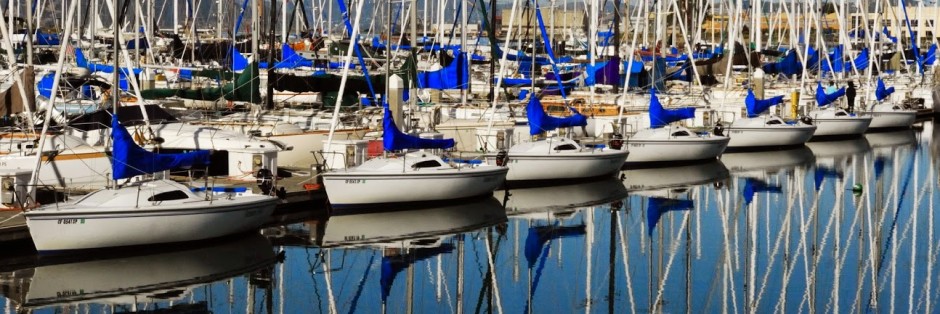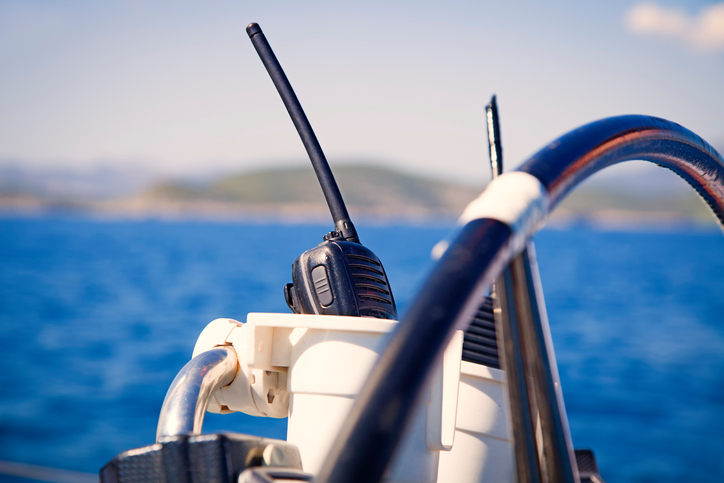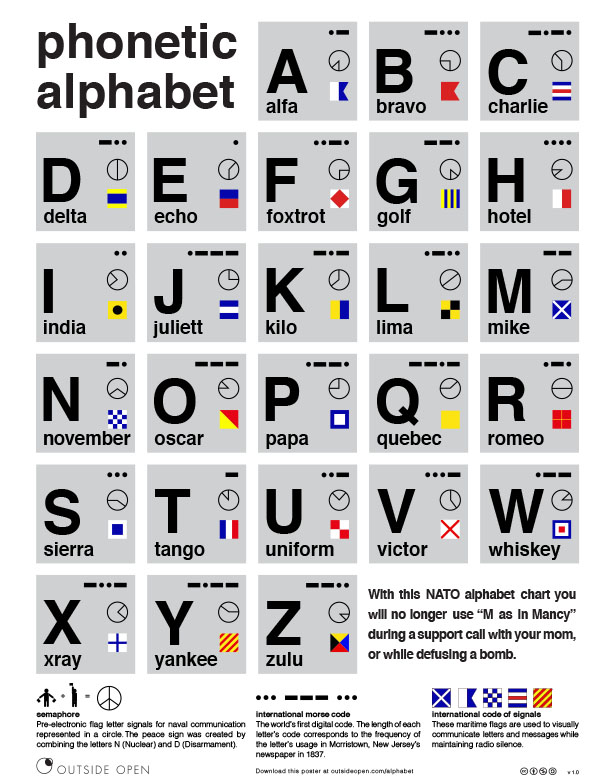Tradewinds instructor Dan Seifers asked me the other day why we say “Roger” on the radio to confirm we’ve received a message. Why Roger, and not Reginald, or for that matter, Hermione?
If you go cruising you’ll probably want to learn the phonetic alphabet so you can spell your boat name and perhaps your HAM call sign in a way that can be understood in foreign ports. I can still quickly rattle off “kilo-golf-six-echo-uniform-delta,” sometimes involuntarily at inappropriate moments. However, even if you memorize this way of spelling things, you won’t find any “Roger” among the Mikes, Juliets, and Charlies. But this wasn’t always the case.
“Roger” is a holdover from the phonetic alphabet used by the Royal Air Force and the US Air Force prior to 1956, at which time he was replaced by “Romeo” to represent the letter “R.” In addition to changing “Roger” to “Romeo,” “Able” was replaced by “Alpha,” “Baker” was replaced by “Bravo,” and “Easy” was replaced by “Echo.” There were some additional changes due to fuzzy comprehension by speakers of Texan, Bostonian, Bronxish, Liverpudlian, and other languages, until the alphabet was adopted internationally. The current phonetic alphabet with “Romeo” was adopted by the International Commission for Air Navigation in 1956, by the International Telecommunication Union in 1959, and then by the International Maritime Organization in 1965.
During WWII, the phonetic “Roger” was used to indicate R for “Received” in radio usage. Apparently no one wished to change it to “Romeo” after combat ended and the alphabet changed, with the result that what we have today is a small tribute to the Second World War. So when you say “Roger,” remember those heroes of Normandy and Okinawa, the Po Valley, and the Ardennes Forest.


